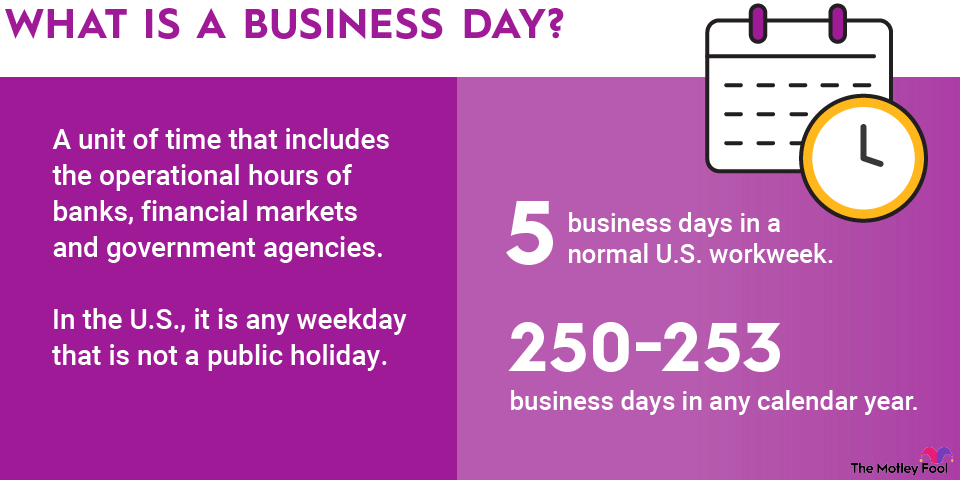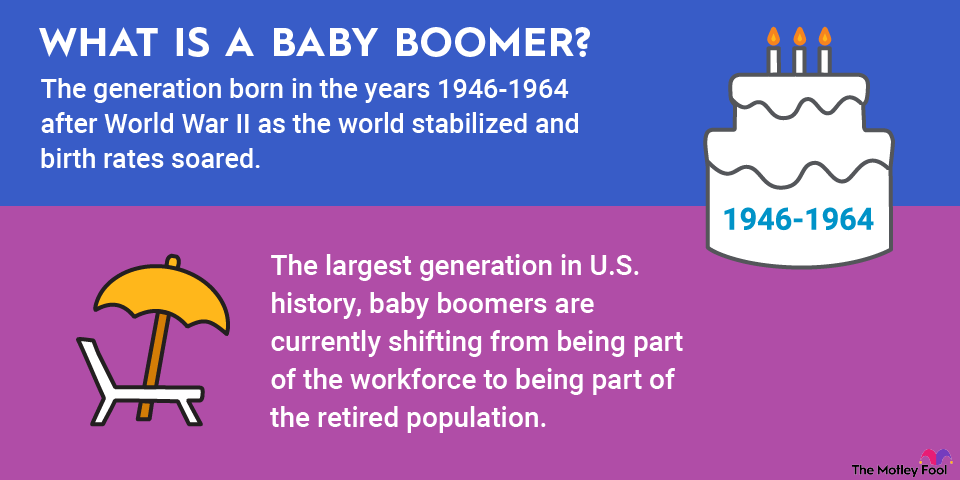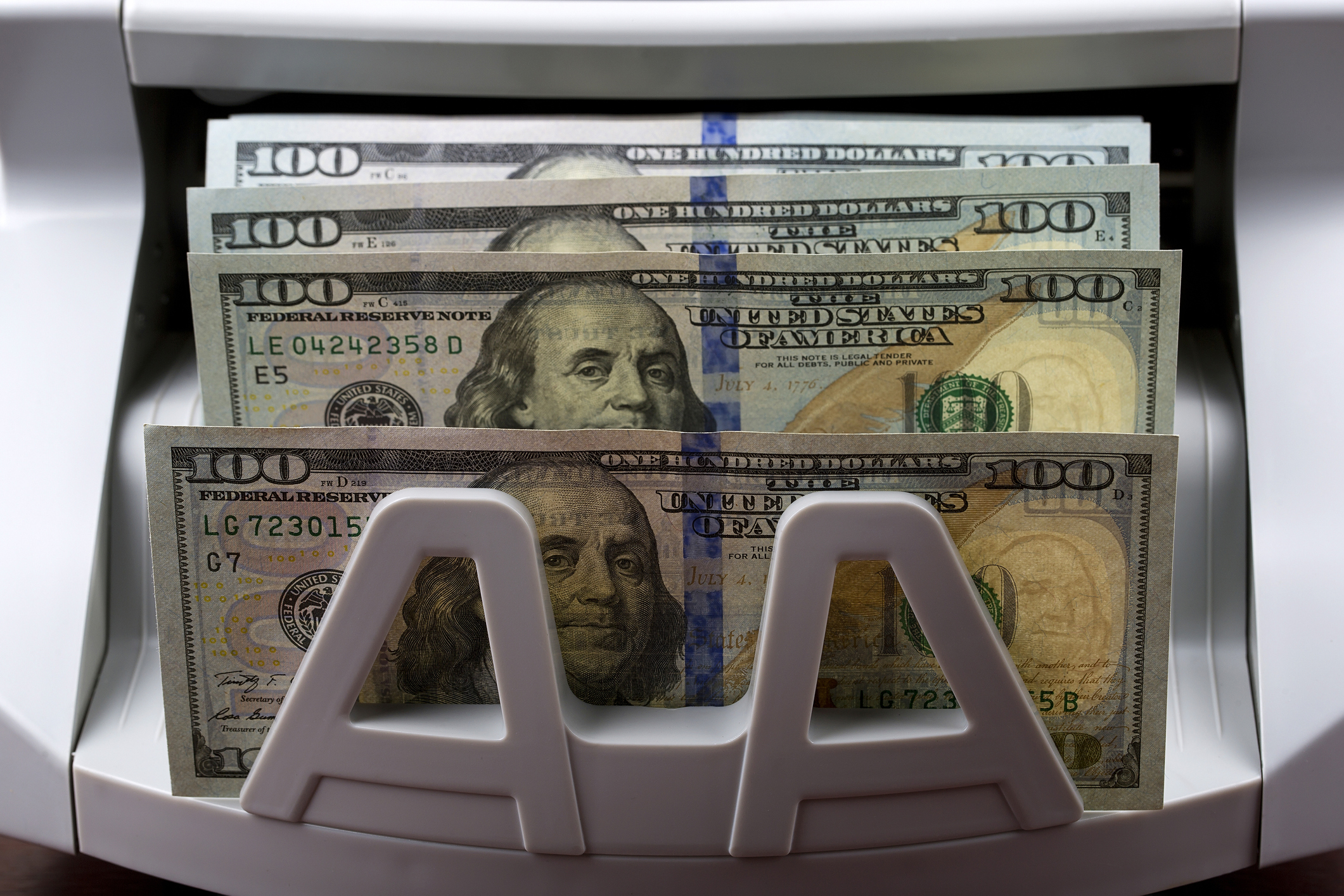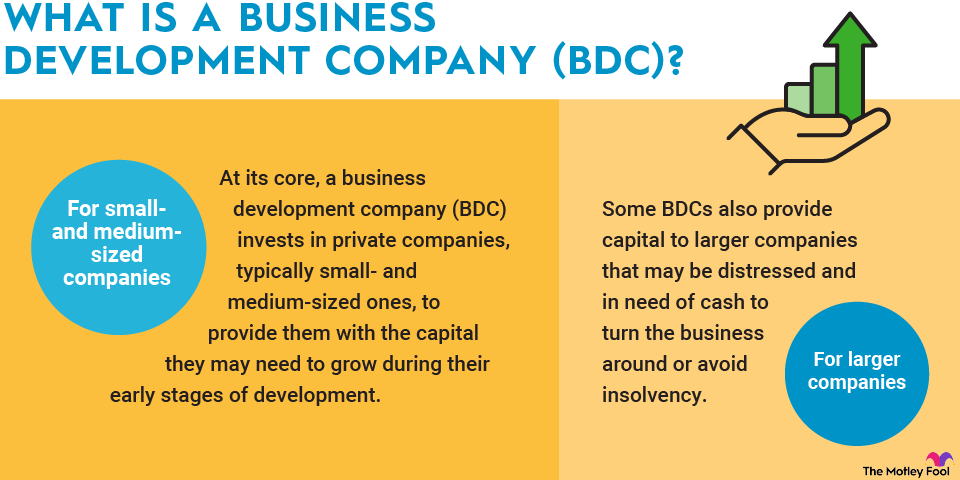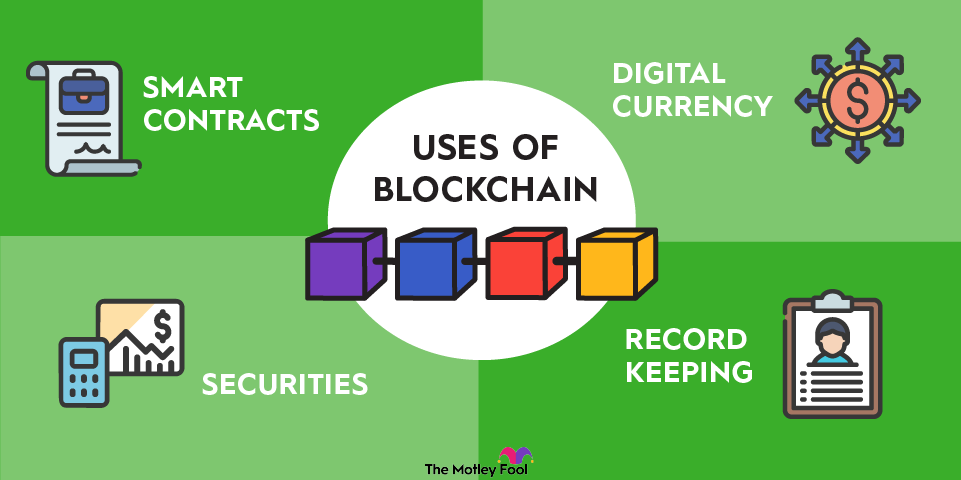What is a bag holder?
A bag holder is a person who holds on to a stock all the way to $0 despite signs along the way that the stock needed to be sold. Bag holder stocks are also known as value traps, meaning that the stock seems like a value when in reality it is worthless.
Value Trap
However, sometimes the stock that everyone else thinks is a dud eventually rebounds and makes investors rich. We'll discuss how you can become a bag holder, a few examples of bag holder stocks, and how to determine whether a stock is a value or a value trap.

How do you become a bag holder?
Many bag holders simply lost track of their investment. As you change jobs and open accounts with new investment advisors and 401(k) providers, it's possible to lose track of your accounts -- especially if you've moved and no longer get physical statements. In this instance, you could own stocks that go to zero because of bad business economics. The solution to this is simply organizing and checking in on your investments.
We'll focus on bag holders who hold a stock all the way to zero because they can't quit it. There is a lot of emotion and behavioral bias in investing.
Whether you're a beginning investor or a multi-billionaire hedge fund manager, after you buy a stock, all new information is met with confirmation bias. With confirmation bias, all new information is filtered to confirm your prior opinions.
You may have seen this type of bias with some of your friends and politics on social media. When you're so enraptured with a value stock that all new information confirms your prior beliefs even as the stock goes to zero, you become a bag holder.
How to avoid becoming a bag holder
The first step is to control your own biases. That doesn't mean you study what all the behavioral biases are and try to identify when they're affecting you. You have to create an objective framework through which you evaluate your investments.
Use a checklist when initially evaluating the investment. Track what management says on conference calls and compare it to actual results. Reevaluate everything at least annually. If sales and returns are falling, debt is rising, and insiders are unloading their shares, there's probably something wrong. Learn when to sell stocks and stick to it.
Of course, the best way to avoid becoming a bag holder is to skip the value traps in the first place. Stocks with loads of debt, no growth, and bad management can look like great values, but, usually, they aren't. Additionally, think long and hard about investing in a dead industry. For every Best Buy (BBY -1.51%), there are 10 Circuit Cities.





